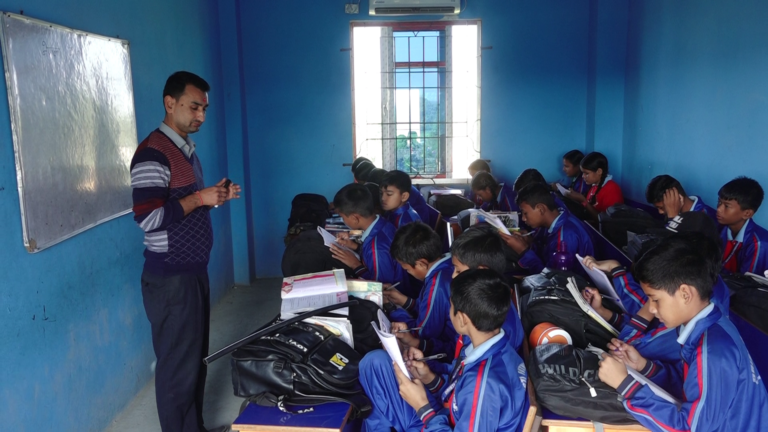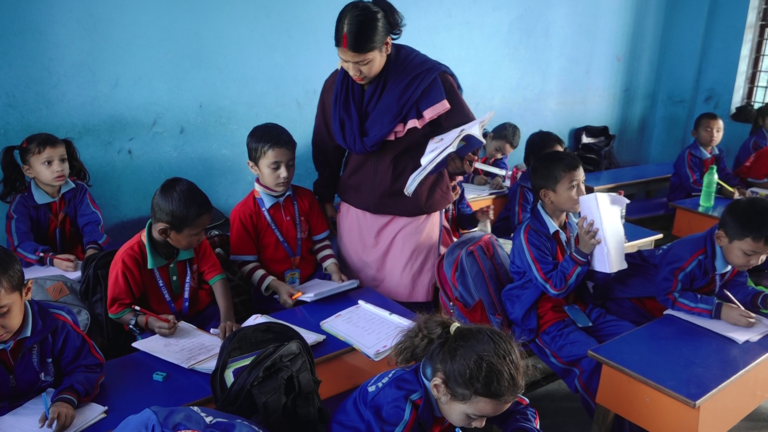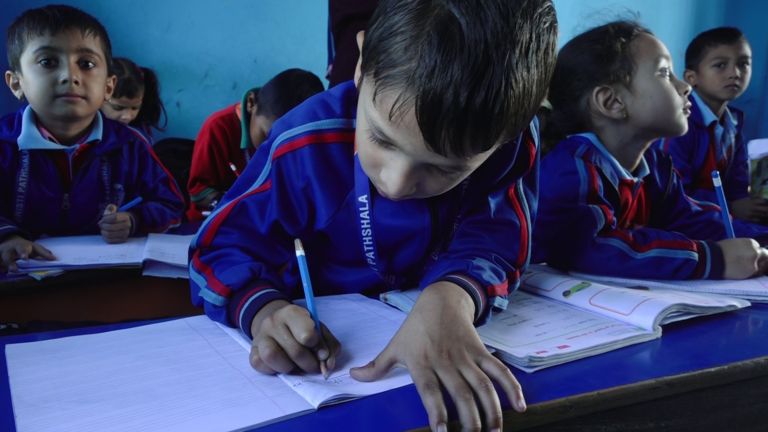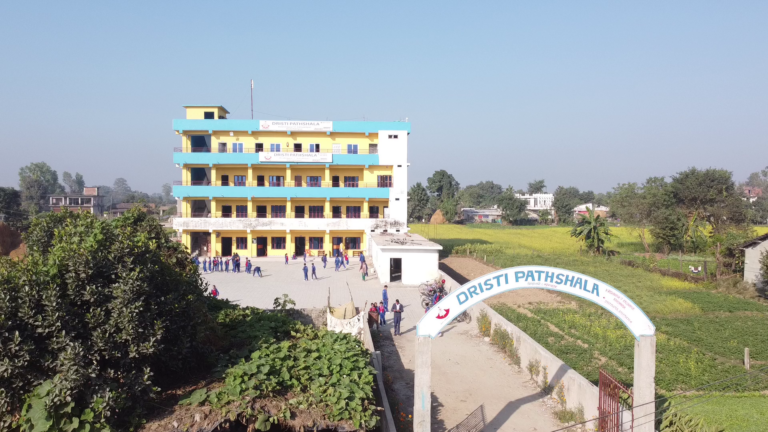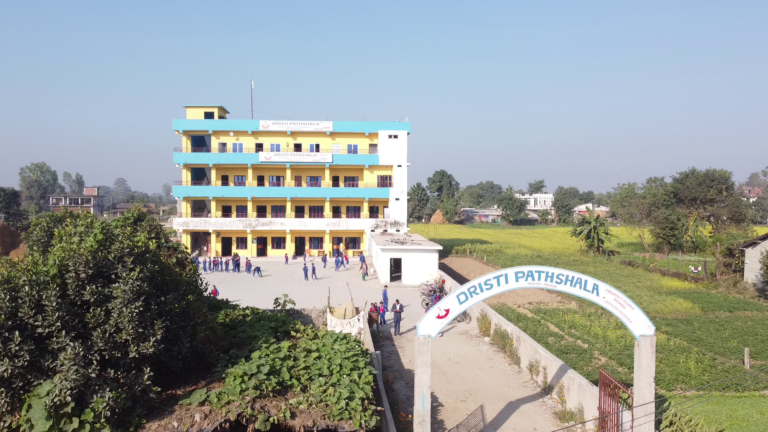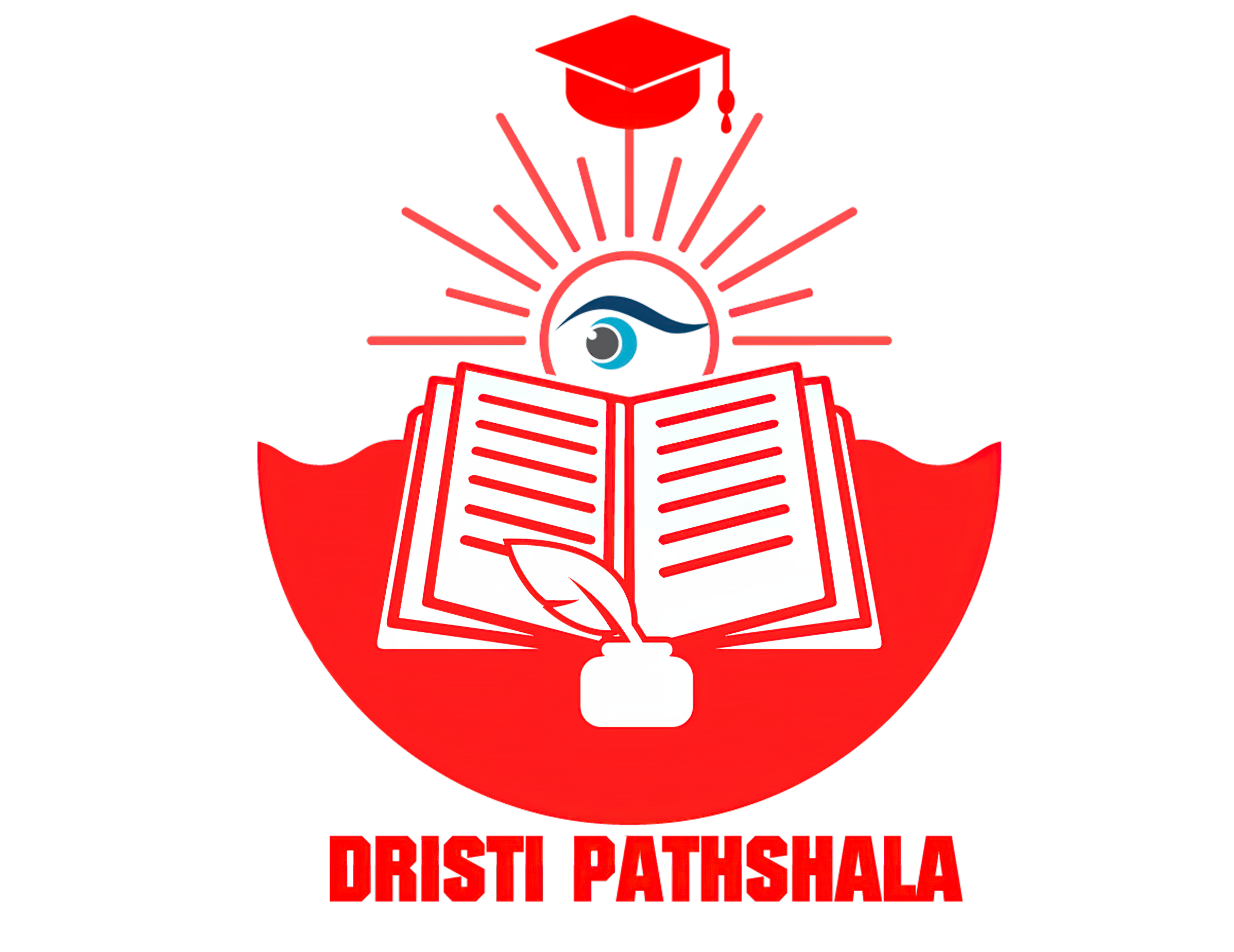Our Journey to India: A Global Montessori Mission
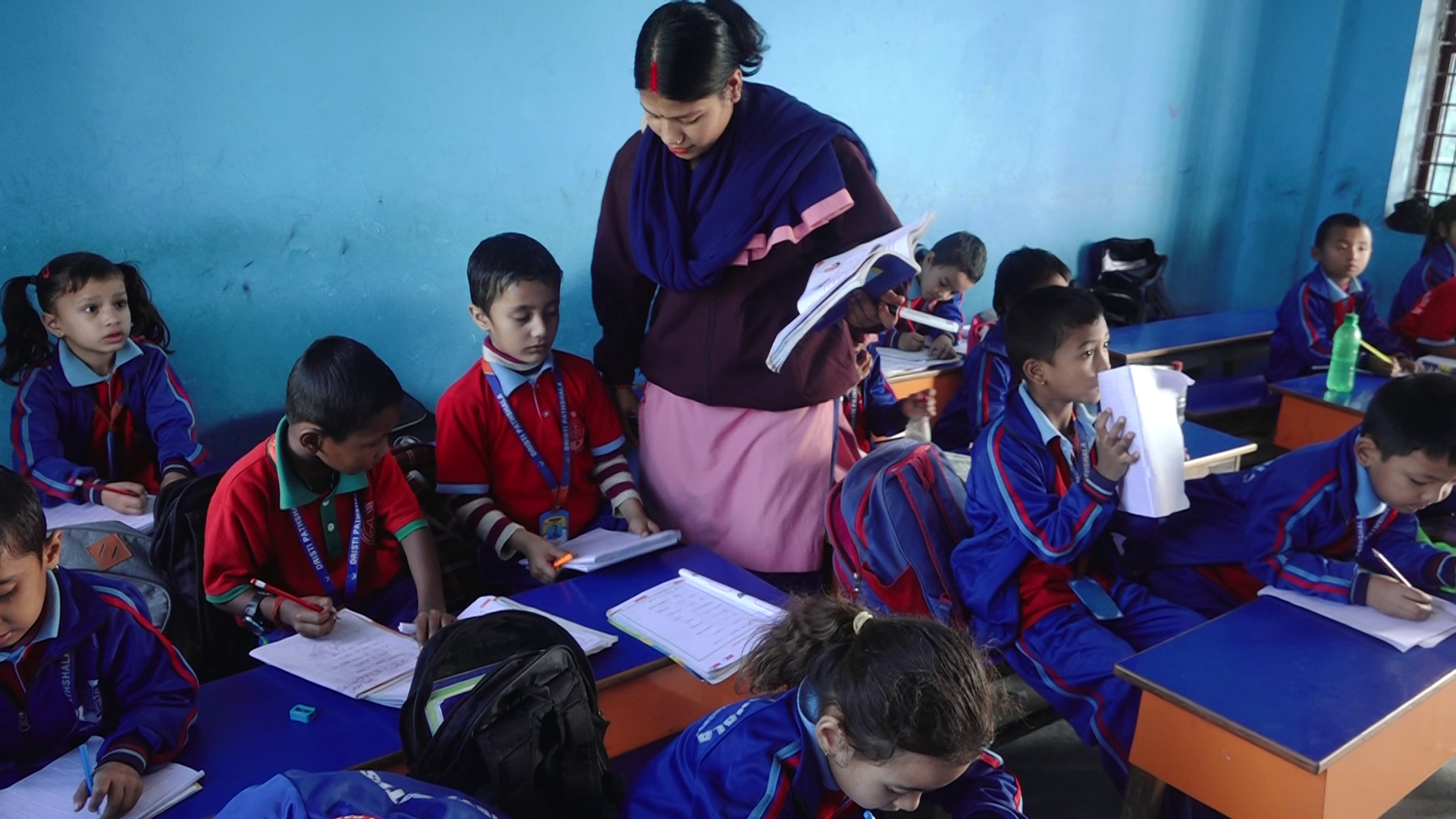

Over the years, AMS has received numerous inquiries from organizations and individuals in India, a country with over 500all eager to establish Montessori teacher education programs that meet our high affiliation standards and rigorous credentialing processes. Professional growth and development among teachers is essential, and the Montessori method is increasingly resonating within India’s evolving early education landscape. We are fortunate to already have many AMS credentialed teachers in India, along with active members working in schools and various educational environments. After more than two years of careful planning, AMS embarked on a visit to India, marking an important first step—a journey of discovery and learning—to explore how we can strengthen Montessori education in India while supporting the high standards AMS upholds.
Five of us from AMS embarked on this journey, and we returned with a wealth of knowledge, deep connections, and invaluable insights into Montessori education’s global impact.
The AMS delegation was composed of passionate and dedicated individuals:
Meher Van Groenou
Director, Montessori School at Five Canyons, Castro Valley, California
Director, AMS-affiliated TEP, Montessori Institute of Advanced Studies
Member, AMS Community Engagement Action Committee (CEAC)
Anita Hanks
Head of School, Starwood Academy of Frisco, Frisco, Texas
Executive Director, AMS-affiliated TEP, North Texas Montessori Institute
Vice President, AMS Board of Directors
Geoffrey Bishop
Executive Director, Nature’s Classroom Institute and Montessori School
Executive Committee / Member-at Large, AMS Board of Directors
Gina Lofquist
AMS Senior Director of Education & Strategic Initiatives
Munir Shivji
AMS Executive Director
Learning from Maria Montessori’s Time in India
India holds a special place in Montessori history. During Dr. Montessori’s time in India from 1939 to 1946, Maria found fertile ground to spread her educational philosophy at the invitation of the Theosophical Society, which was using the Montessori method to successfully combat illiteracy. In particular, Maria emphasized the potential of education to shape a child’s future and the nation’s progress.
Our visit reaffirmed that Dr. Montessori’s legacy continues to thrive in India, particularly as the country embraces its National Education Policy (NEP) 2020, which prioritizes Early Childhood Care and Education (ECCE). The policy’s emphasis on brain development before the age of six, play-based learning, and holistic child development aligns with Montessori’s principles. The growing middle class and urbanization are driving a surge in interest among parents, making Montessori education a vital part of India’s rapidly evolving education sector.
Event Highlights and Educational Impact
During our trip, AMS hosted two Montessori professional development events in Delhi and Bengaluru. These seminars, attended by over 300 participants from across India, sparked thought-provoking discussions and deep learning. In Delhi, we had the opportunity of interacting with educators passionate about Montessori’s method, which they see as a transformative tool for nurturing young minds. The Bengaluru event further emphasized this point, as educators shared their successes and challenges in applying Montessori principles in their classrooms.
